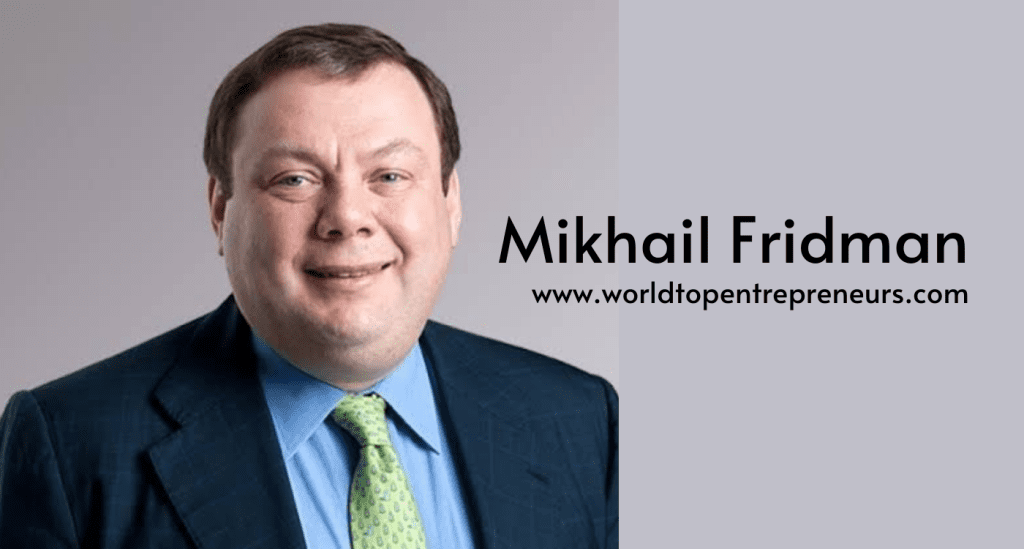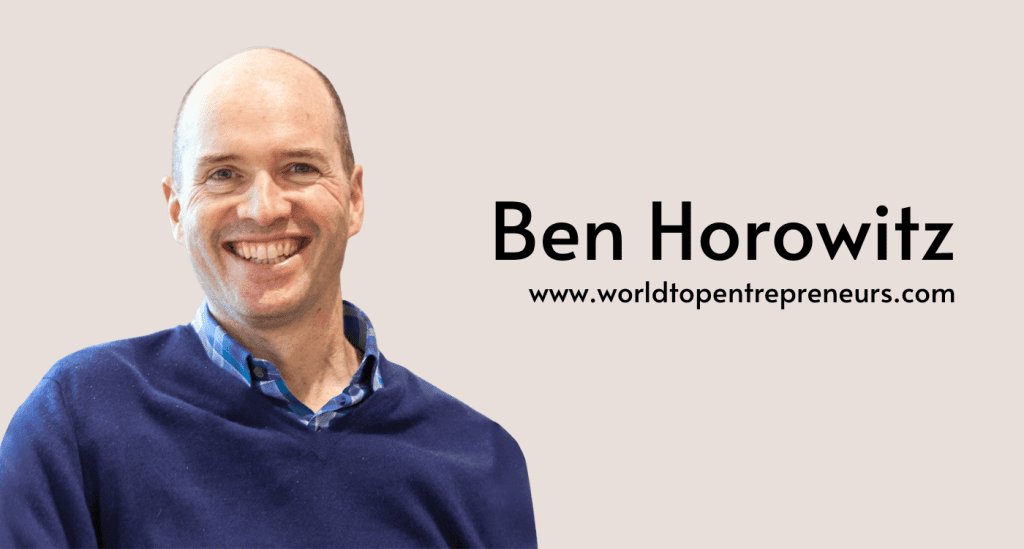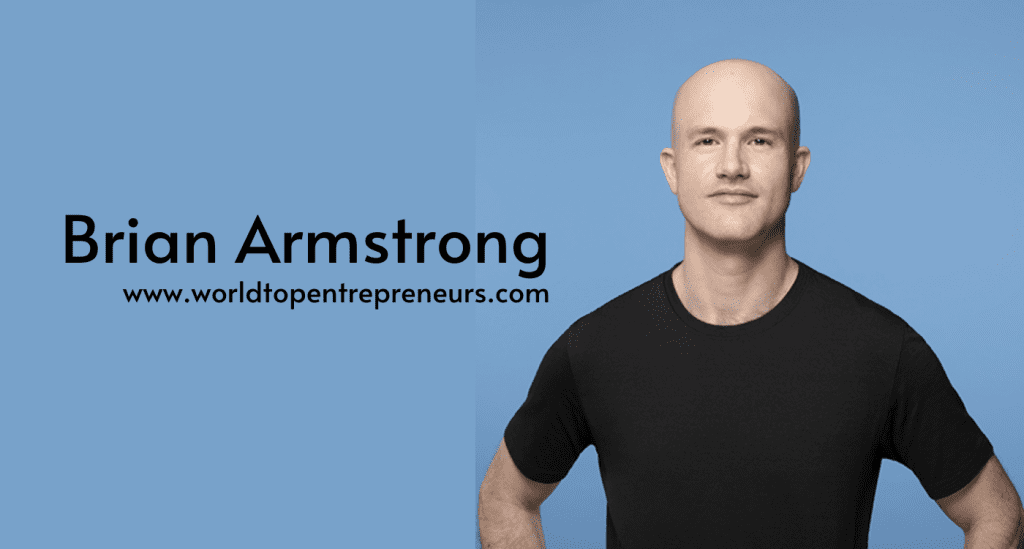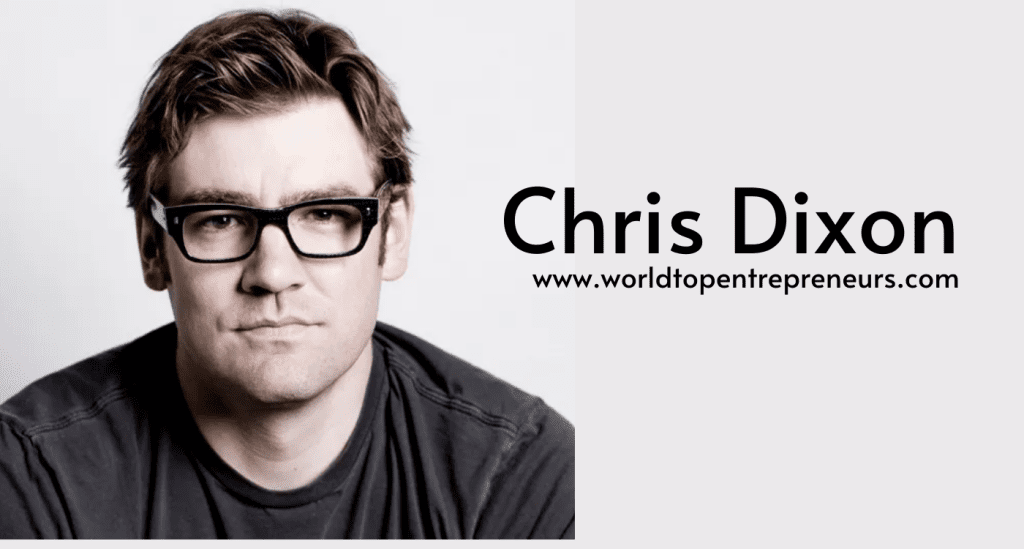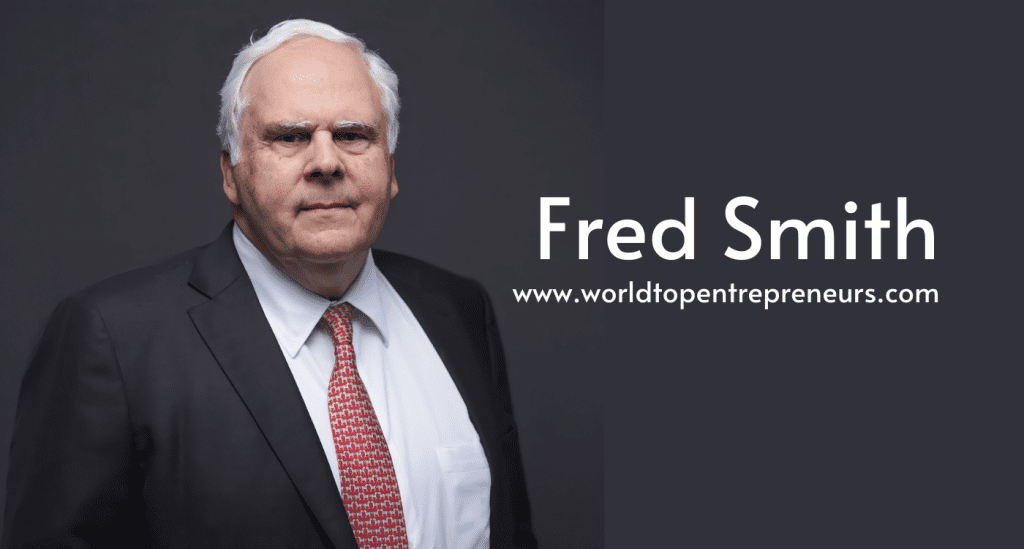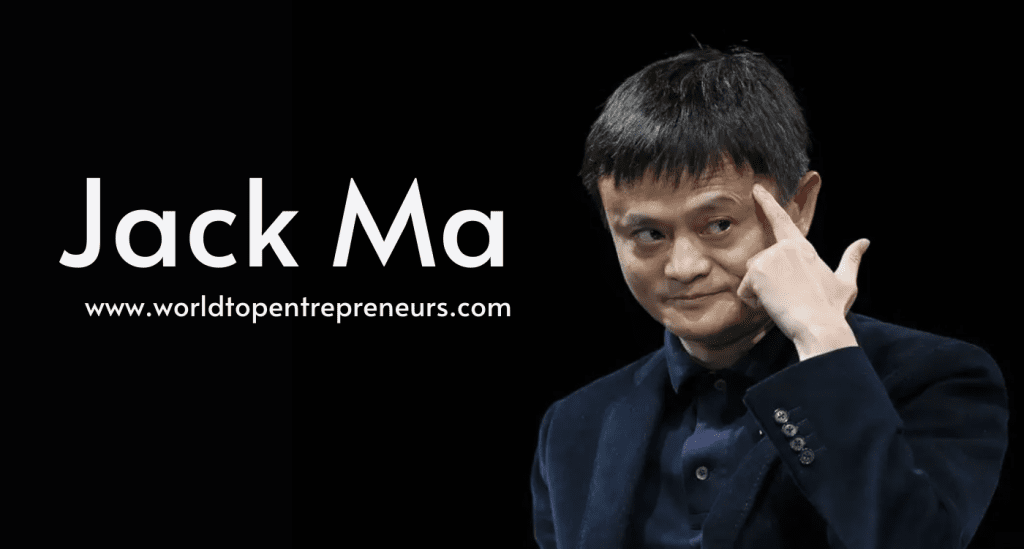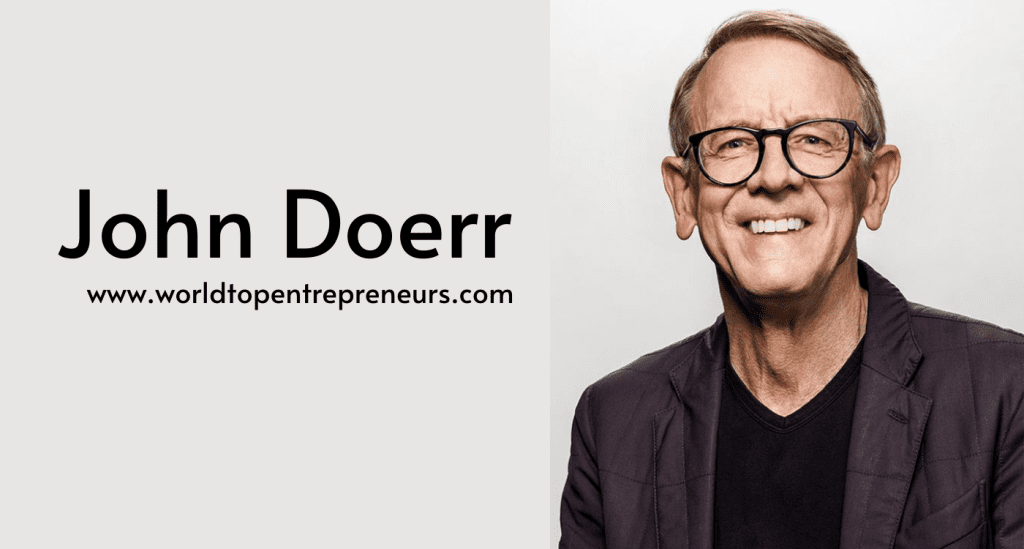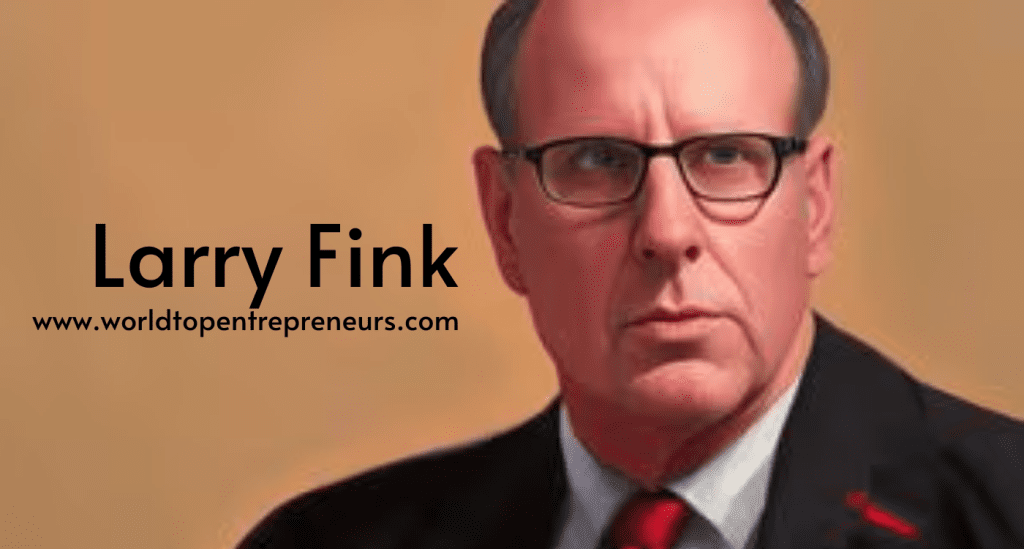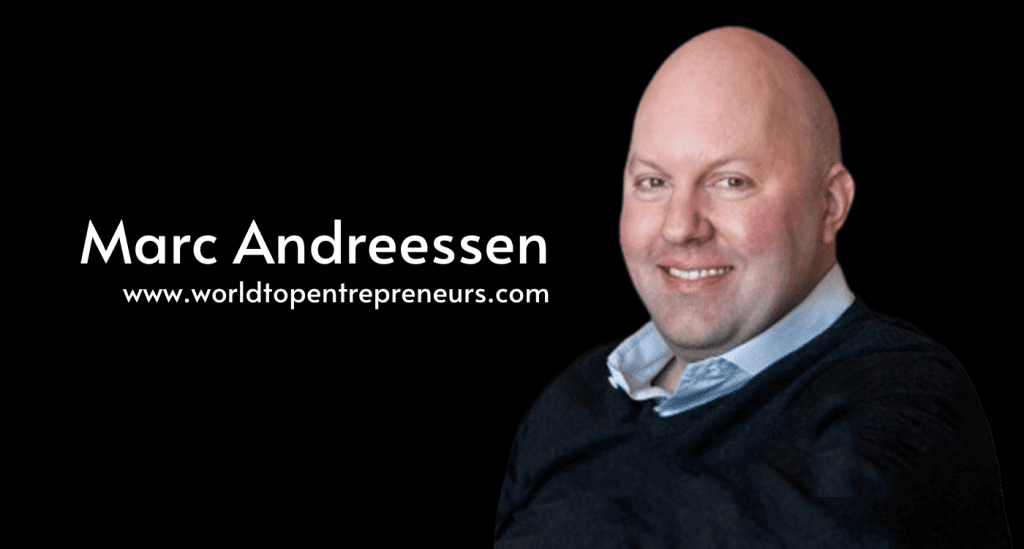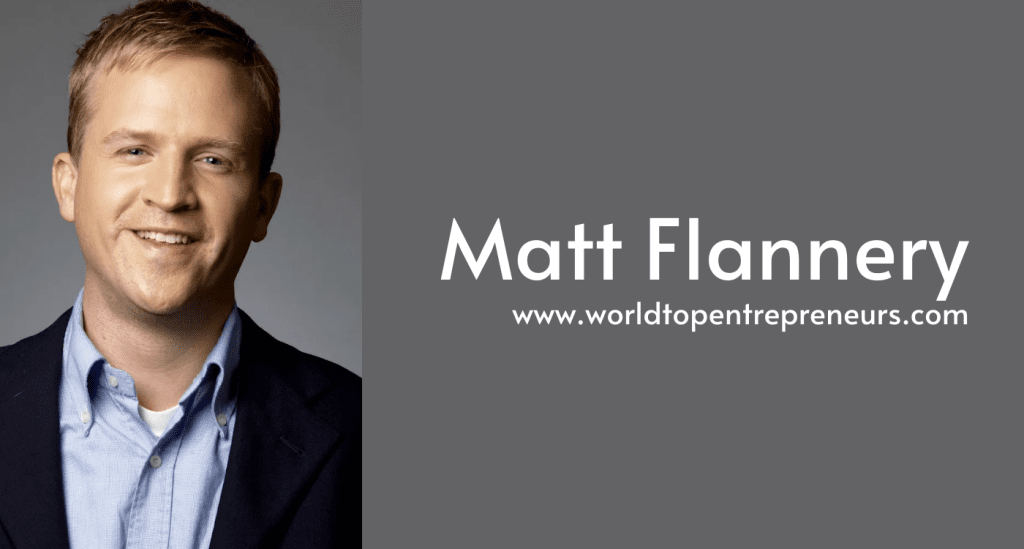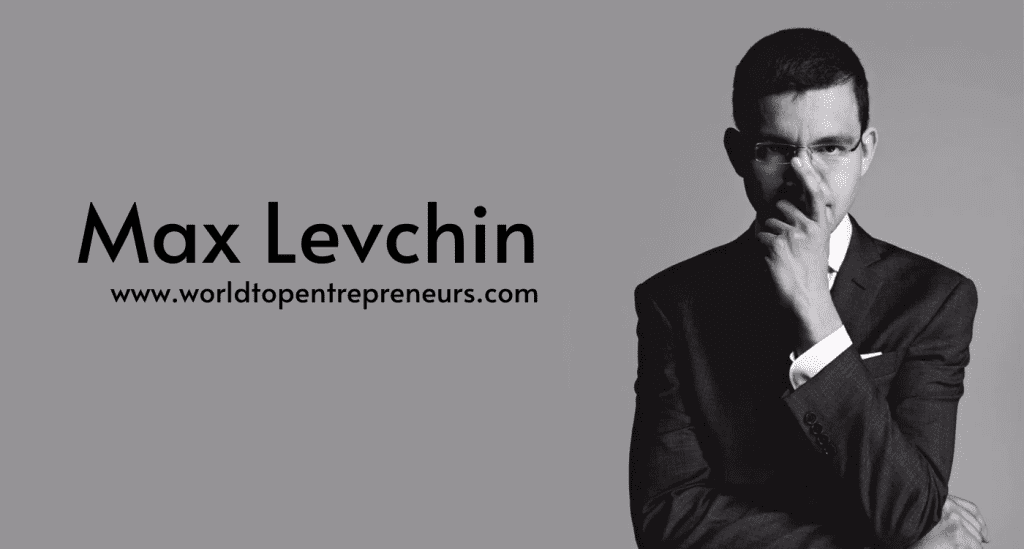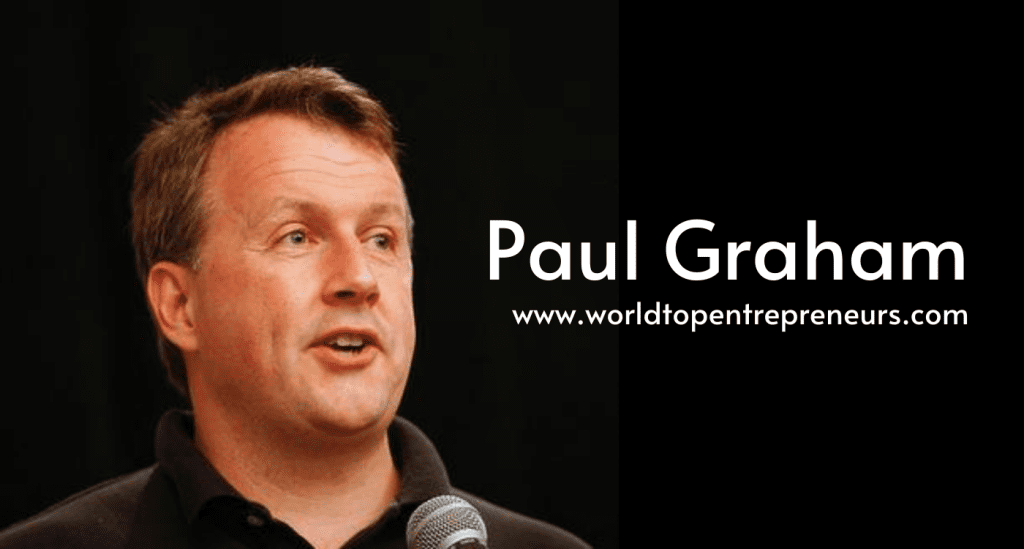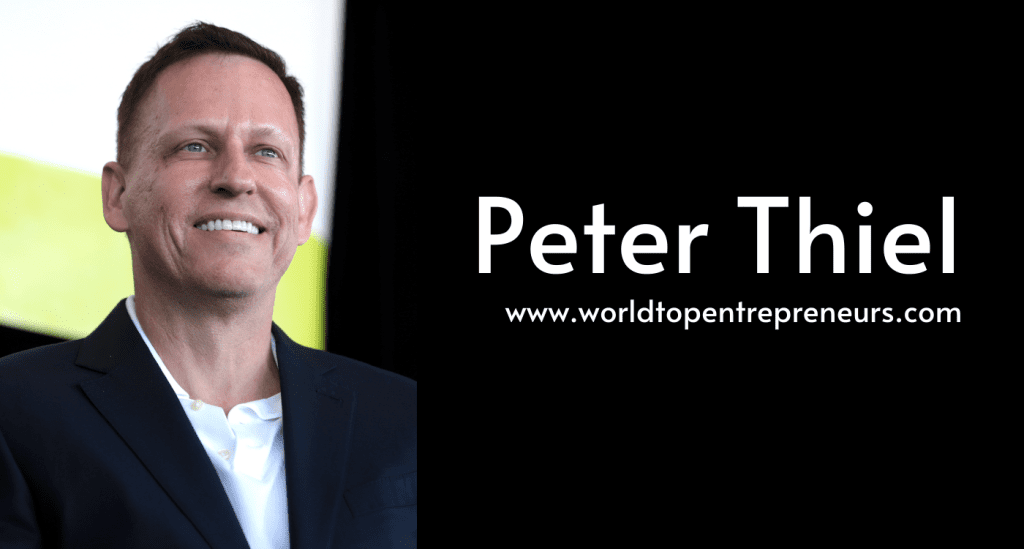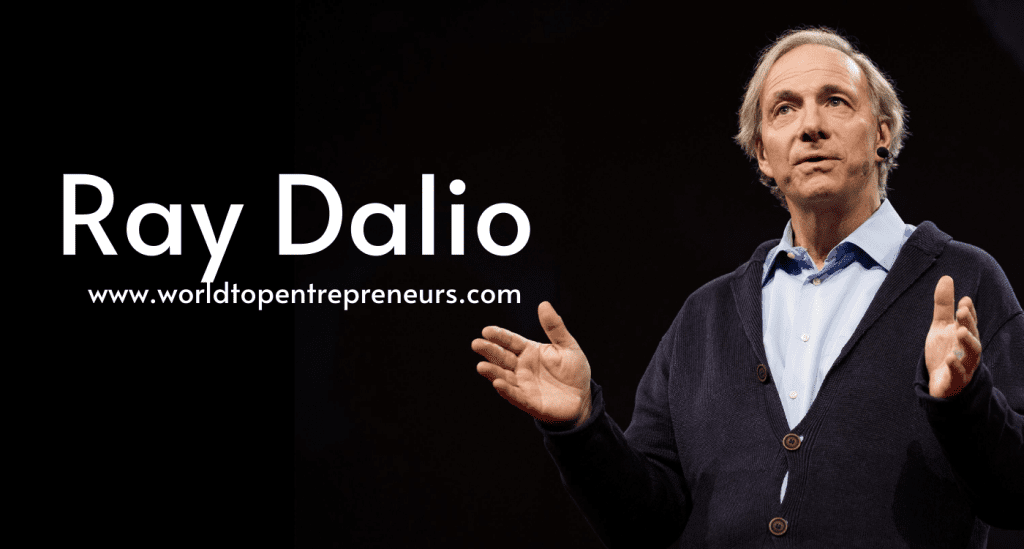Mikhail Fridman is one of Russia’s most influential and successful entrepreneurs, best known for his role as a co-founder of Alfa Group, a conglomerate that spans multiple industries, including energy, telecommunications, banking, and retail. Fridman’s journey from a young aspiring entrepreneur in Soviet-era Russia to a global business magnate has been marked by a series of bold decisions, strategic investments, and a deep understanding of market dynamics. His success story is not only a testament to his business acumen but also to his resilience in the face of numerous challenges.
Early Life and Educational Background
Mikhail Fridman was born on April 21, 1964, in the Soviet Union, in the Ukrainian city of Lviv. Growing up in an era defined by political and economic uncertainty, Fridman’s early experiences helped shape his understanding of how businesses can thrive even in challenging environments. His family was Jewish, and like many Jewish families in the Soviet Union, they faced significant social and political challenges, which likely contributed to his determination and entrepreneurial spirit.
Fridman showed an early aptitude for academics and pursued higher education at the Moscow Institute of Steel and Alloys, one of the Soviet Union’s leading technical universities. He graduated with a degree in metallurgical engineering in the mid-1980s, a period when the Soviet economy was already beginning to show signs of strain. While his degree was in a technical field, it was his keen interest in the business world and the changes happening around him that ultimately shaped his career trajectory.
The Birth of Alfa Group and Entrepreneurial Beginnings
Mikhail Fridman’s entrepreneurial journey began in the early 1990s, a time of immense change in Russia following the dissolution of the Soviet Union. Like many young Russian businessmen of that era, Fridman recognized the opportunity presented by the privatization of state assets and the emerging free-market economy.
In 1989, Fridman and several associates, including Piotr Aven and German Khan, founded Alfa Group, initially a small trading firm. The group’s initial focus was on trading metals and other goods, capitalizing on the newly opened markets and the chaos of the post-Soviet economic transition. As Russia transitioned from a centralized economy to a more market-driven one, Fridman and his partners quickly adapted to the rapidly changing business environment.
In the early 1990s, the trio—Fridman, Aven, and Khan—was able to capitalize on opportunities that others may have overlooked, using their connections and business instincts to navigate the complexities of Russia’s economic transformation. This led to the expansion of Alfa Group into a diversified conglomerate, which soon included investments in banking, telecommunications, energy, and retail.
Business Background: Key Companies and Investments
Over the next few decades, Alfa Group rapidly expanded and became one of Russia’s largest and most influential business empires. The group operates through several key companies, each a leader in its respective sector:
- Alfa-Bank
One of the most significant pillars of Alfa Group is Alfa-Bank, Russia’s largest private commercial bank, which Fridman helped establish in 1990. Alfa-Bank has grown into a major financial institution in Russia, offering a range of banking services including retail, corporate, and investment banking. Under Fridman’s leadership, the bank expanded its footprint, adopting Western banking practices while navigating the complexities of the Russian financial system. The bank’s ability to thrive during the volatile economic periods of the 1990s and early 2000s is a testament to Fridman’s business foresight.
- TNK-BP (now Rosneft)
Another key investment was TNK-BP, a joint venture formed in 2003 between Alfa Group, the Russian state-owned oil company Rosneft, and the British oil giant BP. Fridman and his partners in Alfa Group initially held a significant stake in TNK-BP, which became one of Russia’s largest private oil companies. The venture allowed Fridman to tap into the highly lucrative energy sector, and TNK-BP contributed substantially to his wealth. The venture was eventually sold to Rosneft in 2013, marking a major exit for Fridman but further cementing his legacy in the Russian energy market.
- X5 Retail Group
In the retail sector, Fridman and Alfa Group’s investments have been just as successful. The group was a major shareholder in X5 Retail Group, one of Russia’s largest supermarket chains. X5 operates brands like Pyaterochka, Perekrestok, and Karusel, dominating the retail space in Russia with a vast network of stores. The group’s presence in retail is a testament to Fridman’s ability to diversify and adapt to changing consumer demands.
- VimpelCom (now Veon)
Fridman was also deeply involved in the telecommunications industry, particularly through his investment in VimpelCom (now Veon), one of Russia’s largest mobile network operators. In 1996, Alfa Group helped to launch VimpelCom, which became a leader in the Russian telecommunications market and later expanded internationally. This strategic move gave Fridman a prominent position in the rapidly growing global telecommunications sector.
Business Philosophy and Leadership Style
Mikhail Fridman’s business philosophy is rooted in long-term vision, risk-taking, and adaptability. He has consistently demonstrated a willingness to venture into new industries, even when they are unfamiliar, and has shown a deep understanding of market dynamics. His leadership style is often described as pragmatic and decisive, with an ability to make tough calls under pressure.
Fridman has always been keen to surround himself with capable partners and advisors. This collaborative approach has allowed Alfa Group to grow across multiple sectors without becoming overly reliant on any single industry. His ability to build and maintain strong business relationships has been critical to his success, particularly in Russia’s complex political and economic landscape.
Struggles and Challenges
Fridman’s journey to success has not been without its struggles. One of the most notable challenges was navigating the financial crisis of 1998, when Russia defaulted on its debt, leading to an economic collapse that impacted many businesses. Alfa Group, however, emerged from the crisis relatively unscathed, largely due to Fridman’s astute financial management and his ability to adjust quickly to changing circumstances.
Another challenge came with the TNK-BP partnership. The joint venture faced numerous difficulties, including disagreements between the Russian and British partners. The complexities of managing a multinational energy venture, combined with the Russian government’s shifting policies toward foreign investments, ultimately led to the dissolution of the partnership. Despite this setback, Fridman’s ability to navigate the complexities of international business kept Alfa Group on track.
Fridman also had to contend with political challenges, especially as Alfa Group’s success brought it into closer proximity with Russia’s political elite. However, Fridman’s ability to maintain a degree of independence from government influence has allowed him to preserve his business autonomy.
Achievements and Successes
Mikhail Fridman’s business successes have earned him recognition as one of the wealthiest and most influential individuals in Russia. His ability to diversify his investments across different industries—banking, energy, telecommunications, and retail—has been key to his continued success. Under his leadership, Alfa Group grew into a global conglomerate with holdings across Europe, Asia, and North America.
Fridman’s wealth and influence have made him a prominent figure in Russian and global business circles. His achievements have been recognized in various rankings, including those of Forbes, which regularly lists him among the wealthiest individuals in the world. Despite his vast wealth, Fridman has maintained a relatively low public profile, preferring to let his business achievements speak for themselves.
Legacy and Impact
Mikhail Fridman’s legacy as a Russian business magnate is deeply intertwined with the success of Alfa Group. His entrepreneurial journey has not only shaped Russia’s business landscape but has also had a significant impact on the global economy. Through his leadership, Fridman has demonstrated that with strategic vision, risk management, and an ability to navigate both business and political landscapes, it is possible to build a diversified global empire.
Fridman is also known for his philanthropic efforts, particularly in the areas of education, healthcare, and cultural preservation. Through the Fridman Foundation, he has supported various initiatives aimed at fostering economic development, educational opportunities, and social welfare in Russia and abroad.
Conclusion
Mikhail Fridman’s entrepreneurial journey is one of resilience, strategy, and long-term vision. From the early days of Alfa Group in the chaotic post-Soviet era to the creation of a global business empire, Fridman has proven himself to be a shrewd and adaptable businessman. His success across multiple industries and his ability to navigate the complex intersection of business and politics in Russia make him one of the most influential entrepreneurs of his time. Fridman’s story serves as an inspiration to entrepreneurs worldwide, demonstrating that with perseverance, innovation, and a clear sense of direction, it is possible to create lasting success.

